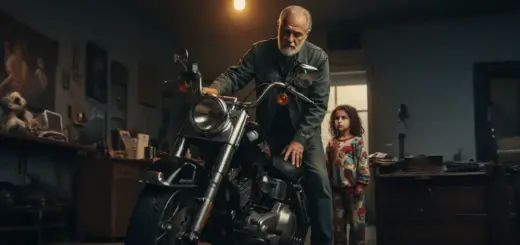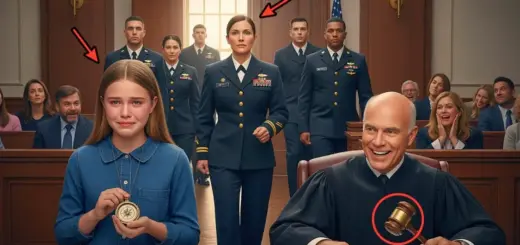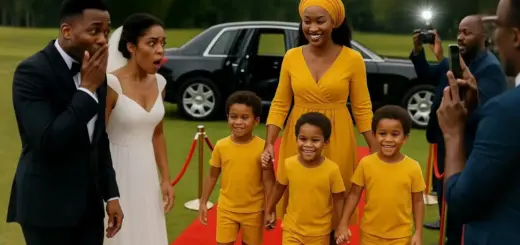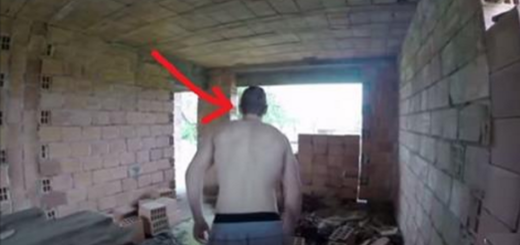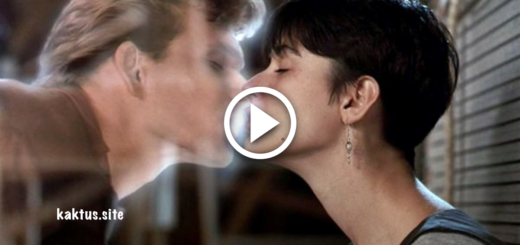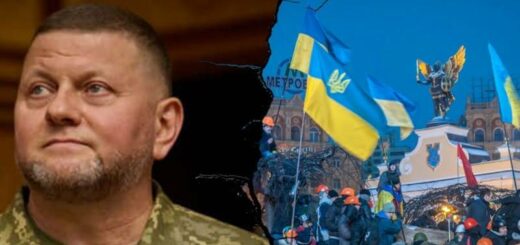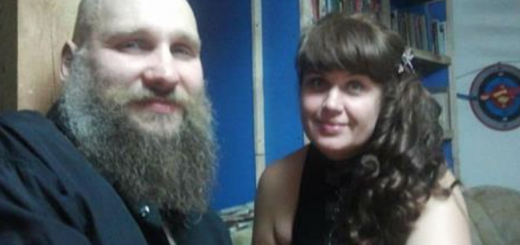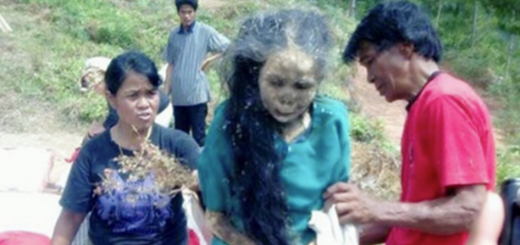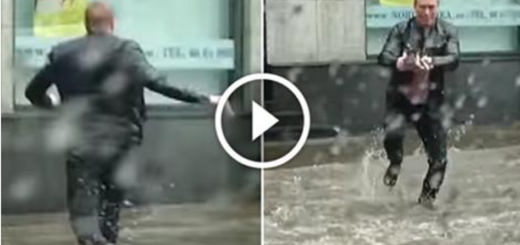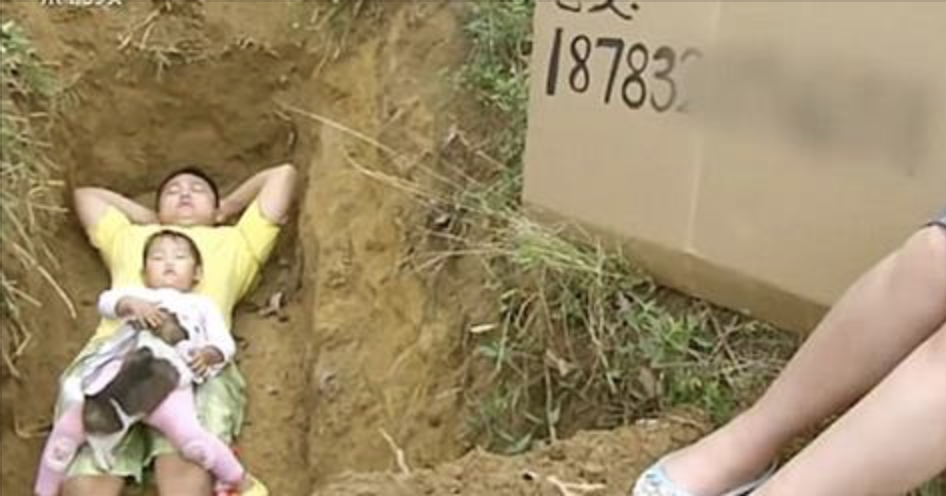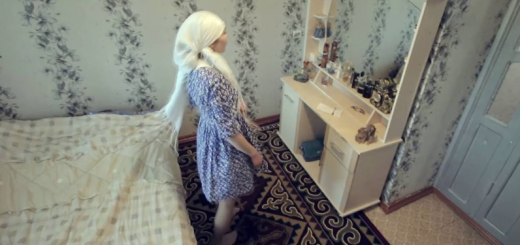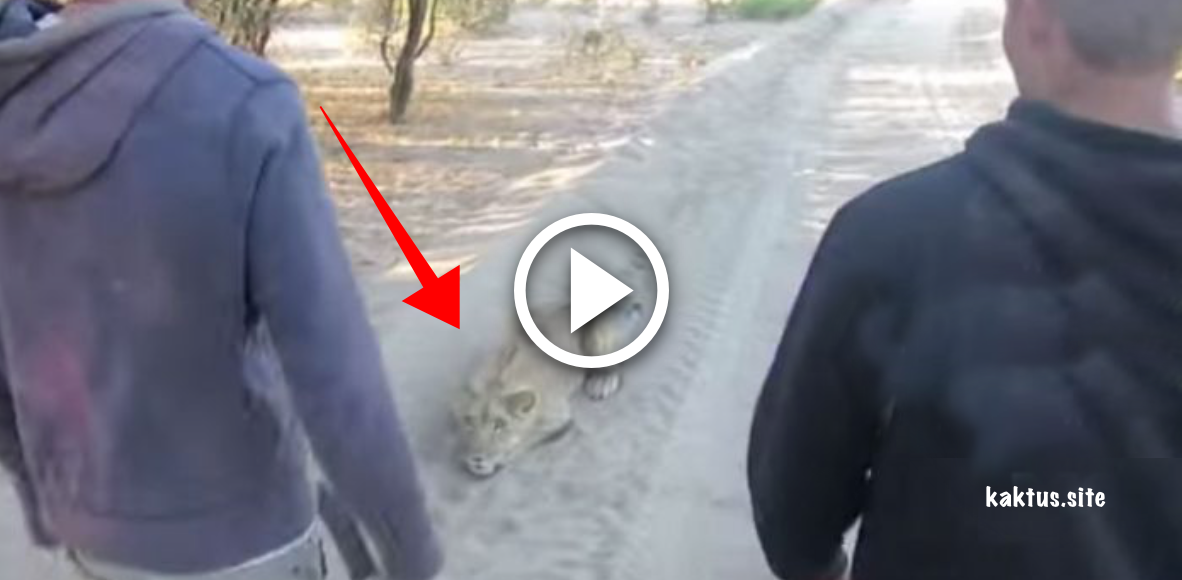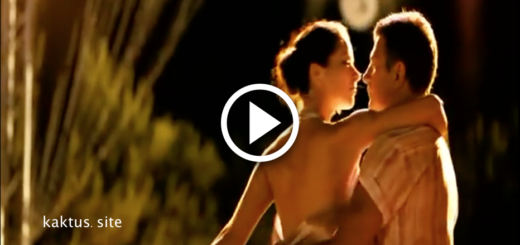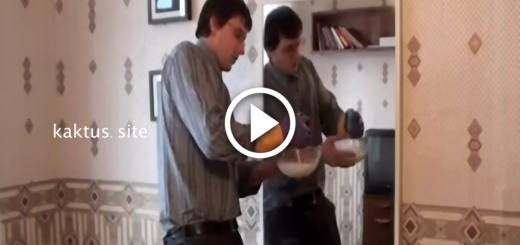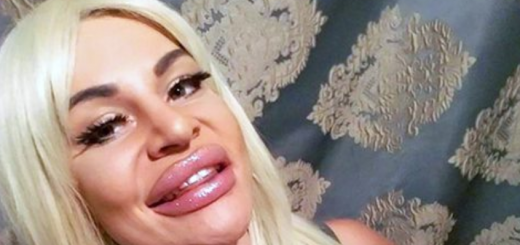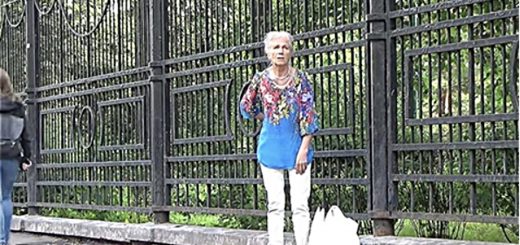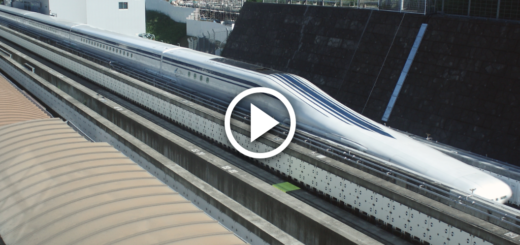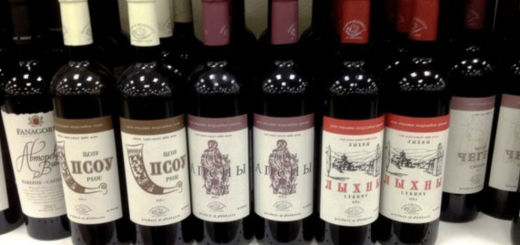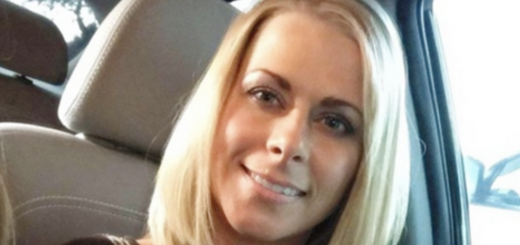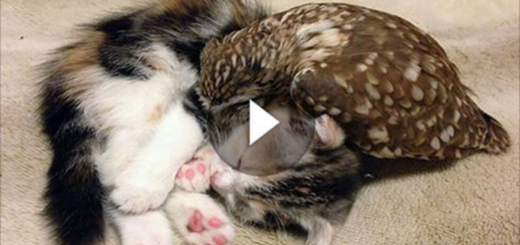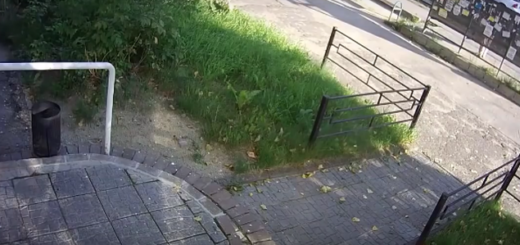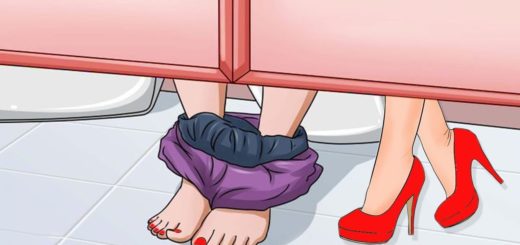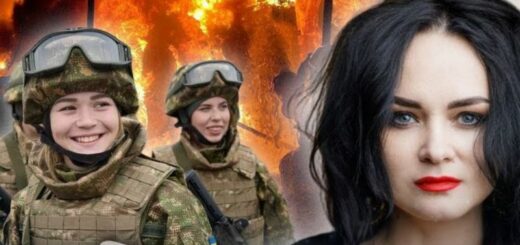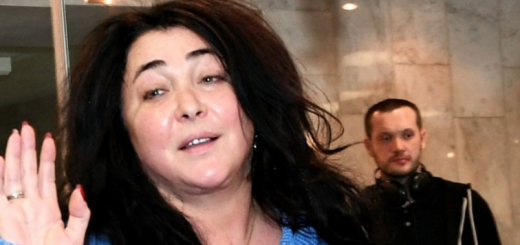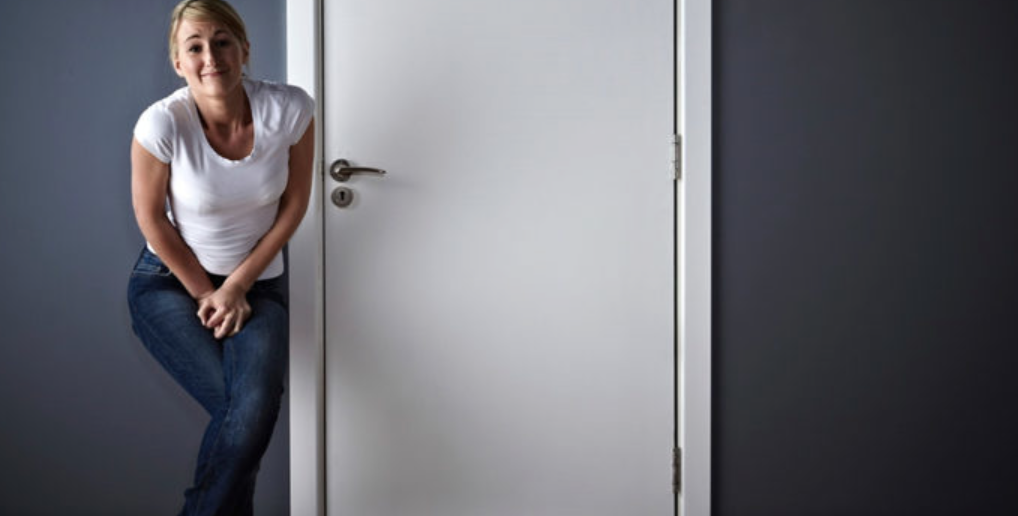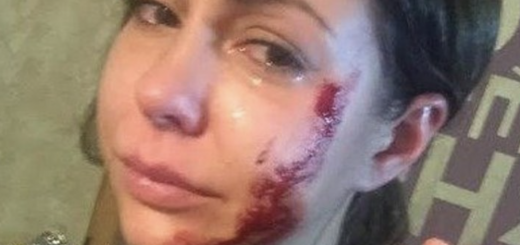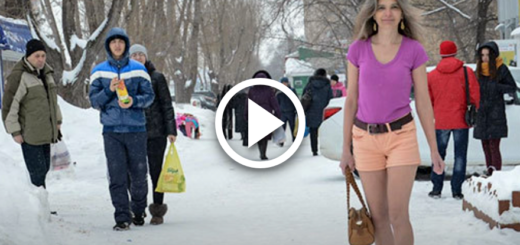I stood up, the decision crystallizing in my chest. «I’m going.»
Dad turned from the window, studying my face. Then he pulled me into a hug, the kind he rarely gave anymore, the kind that reminded me I’d always be his kid, no matter how old I got. «Then you go with your head held high. Don’t let anyone there make you feel less than what you are.»
«Which is what?» I asked against his shoulder.
«Mine,» he said simply. «And that’s worth more than all the Camden money in the world.»
The next morning came too quickly and not fast enough. I’d barely slept, running through scenarios in my mind. Maybe there was a safety deposit box in Saint-Tropez. Maybe Grandfather had a mistress or a secret family. Maybe this was all an elaborate prank from beyond the grave. None of it made sense, but then again, neither did giving me nothing but a plane ticket when he’d given my cousins millions.
My parents drove me to LAX Airport in Dad’s truck, the one he used for work, with paint stains on the dashboard and the smell of sawdust permanently embedded in the seats. We listened to the classic rock station Dad loved, nobody talking much.
At the departures terminal, Mom handed me a carry-on bag she’d packed. «Clean clothes, toiletries, and a phone charger,» she said. «Just in case.»
«In case of what?»
«In case this is the beginning of something instead of the end of something.»
Dad grabbed my shoulders, looking me straight in the eyes. «Whatever happens, whatever you find or don’t find, you’re already more than enough. You got that? You don’t need his validation. Alive or dead.»
«I know, Dad.»
«No, I don’t think you do. But you will.»
At security, I turned back to wave at them. They stood there, Mom leaning into Dad’s chest, his arm around her shoulders. They looked worried but proud, the way they’d looked when I’d graduated college, when I’d gotten my teaching job, when I’d made choices that had nothing to do with money and everything to do with meaning.
Tyler had texted me that morning: «Bon voyage, peasant. Try not to get too used to first class.» I deleted it without responding and walked through security. The ticket in my hand felt heavier than paper should, weighted with possibility or futility. I couldn’t tell which, but I was going to find out.
The gate agent scanned my ticket and smiled. «Saint-Tropez. Beautiful this time of year. Business or pleasure?»
«I honestly don’t know,» I replied. She laughed like I’d made a joke. If only she knew I was being completely serious.
The first-class cabin was a different world entirely. The flight attendant offered me champagne before I’d even found my seat, and the leather chair was wider than my reading chair at home. I felt like an impostor among the business executives typing furiously on laptops and the elegant woman across the aisle speaking French into her phone. But the nine-hour flight gave me too much time to think. I dozed fitfully somewhere over the Atlantic, dreaming of Grandfather’s cold gray eyes and Tyler’s mocking laughter.
When I landed in Marseille, the Mediterranean sun was brilliant, nothing like the gray October sky I’d left behind in Los Angeles. The connection to Saint-Tropez was quick, barely forty minutes in a small plane that hugged the coastline. As we descended, I saw the city spread below like a jewel box, all gleaming yachts and impossible architecture carved into the hillside.
I expected to catch a taxi to a hotel, maybe find a letter waiting at the front desk, some explanation for this bizarre final request. Instead, as I exited customs with my single carry-on bag, I saw something that made me stop in my tracks. A man in an impeccable black suit held a sign with my name: Ethan Camden. Not Ethan Hayes. Camden.
He was tall, in his mid-forties, with silver temples and sharp blue eyes that seemed to catalogue everything about me in a single glance. His suit probably cost more than my annual salary, and he held himself with the kind of quiet authority that didn’t need to announce itself.
«Mr. Ethan Camden?» he asked in accented English—French, but educated and refined.
«Yes, but actually it’s Hayes. Ethan Hayes.»
He lowered the sign and leaned in close enough that I could smell his expensive cologne. «Welcome to the Romano Foundation.»
The words hit me like a physical force. «I’m sorry, what? There must be a mistake. I’m here because my grandfather left me this ticket. Walter Camden.»
«Yes.» The man’s eyes studied my shocked face with what looked like satisfaction. «Or, as he was known here, Alessio Romano.»
«Alessio? That’s not possible. My grandfather was Walter Camden. Real Estate Developer. Massachusetts born and raised.»
The man smiled slightly, the first crack in his professional facade. «Please come with me, Mr. Camden. There is much to discuss, and airports are not the place for such conversations.»
He led me through the airport like I was a foreign dignitary, bypassing lines I didn’t even know existed. Outside, a black Maybach waited, its driver already holding the door open. I hesitated for a moment, every true-crime podcast I’d ever listened to screaming warnings in my head.
«I understand your hesitation,» the man said. «But I assure you, your grandfather went to great lengths to ensure this moment would happen. Please.»
I got in the car. As we drove through Saint-Tropez’s winding streets, each turn revealing another impossible view of the Mediterranean, the man introduced himself. «I am Victor Hale, Executive Director of the Romano Foundation. I have been managing your grandfather’s affairs here for the past eighteen years.»
«What affairs? What foundation? My grandfather was in real estate.»
Victor pulled out a tablet, swiping through documents with practiced efficiency. «Your grandfather lived two lives, Mr. Camden. In America, he was Walter, the real estate mogul who built an empire of glass and steel. Here, he was Alessio, founder of one of Europe’s most discreet philanthropic organizations.»
He showed me a photograph that made my breath catch. It was Grandfather, but not as I’d ever seen him. He was smiling—genuinely smiling—surrounded by children in what looked like a school courtyard. He wore simple clothes, not his usual three-piece suit. He looked happy.
«The Romano Foundation has assets of approximately four hundred and sixty million,» Victor continued casually, as if he hadn’t just mentioned half a billion dollars.
I nearly choked on air. «Four hundred and sixty million? That’s impossible. We would have known. The family would have known.»
«Would you?» Victor asked, pulling up more photos. «Your grandfather was a master of compartmentalization. He built this over forty-five years, layer by layer. Shell companies in Switzerland, holding companies in Luxembourg, all feeding into the foundation here in Saint-Tropez. Completely legal, completely invisible to anyone who wasn’t meant to see it.»
The car pulled up to a villa that looked like something from a movie, all white stone and climbing bougainvillea perched on a cliff overlooking the sea. Inside, the walls were covered with photographs I’d never seen. Grandfather with refugees at a camp in Lebanon. Grandfather cutting a ribbon at a hospital in Lusaka. Grandfather reading to children in a library in Nepal. Hundreds of photos, maybe thousands, each showing a man I’d never known existed.
«This was his real life,» Victor said, watching me take it all in. «The foundation has built 240 schools in developing nations. We’ve funded 52 hospitals, 160 clean water initiatives, and provided medical care to over 200,000 children. All anonymous, all through careful management of resources your grandfather accumulated through his other life.»
«But why the secrecy? Why not tell anyone?»
Victor walked to a wall of windows overlooking the Mediterranean and pulled up photos on his tablet of Tyler at a casino in Vegas, throwing money around like confetti. Then Madison on a yacht, pouring champagne into the ocean while laughing. «Your grandfather watched his American family closely. He had investigators sending him regular reports. He said that wealth revealed their character, and he didn’t like what he saw.»
«So he just wrote us all off?»
«Not all,» Victor said, pulling up a video. It was me, filmed from a distance, working with my students after school. I was tutoring a kid named Marcus who’d been struggling with chemistry, staying three hours after my paid time ended. Another video showed me using my own money to buy lab equipment when the school budget fell short. Another of me at a weekend science fair, cheering as my students presented their projects.
«He watched you closest of all,» Victor said. «Every report, every update, he reviewed personally. He said you reminded him of himself before the money changed him.»
«Changed him how?»
Victor led me to a study lined with books and pulled out a leather journal, handing it to me. Inside was Grandfather’s handwriting, page after page of it. I read a random entry: «Watched Tyler close another deal today. He destroyed three family businesses to make it happen. Felt proud for six minutes, then sick for six hours. This is what I’ve created. Sharks who smell blood and call it success.»
Another entry: «Ethan tutored students again today for free. Elaine raised him right, despite my best efforts to ruin her. He has Frank’s hands and her heart. Maybe that’s worth more than my empire.»
«This villa, the foundation, everything here,» Victor said, gesturing around us. «He built it as penance. He couldn’t undo what he’d become in America, but here, he could be who he wished he’d been.»
«And now?» I asked, my voice barely working.
«Now you must choose. Take control of the foundation and dedicate your life to this work, or return to America and never speak of this. If you choose the foundation, your cousins can never know. The moment they discover this exists, they’ll destroy it with lawyers and greed. Your grandfather’s will in America is airtight, but this requires secrecy to survive.»
«Half a billion dollars,» I said, still trying to comprehend it.
«That generates approximately 24 million annually for charitable work,» Victor clarified. «Enough to change thousands of lives every year if managed correctly.»

